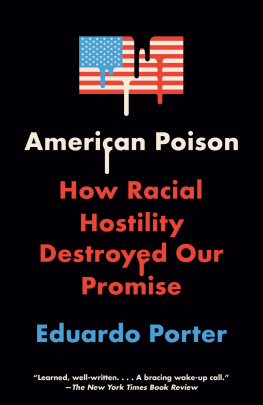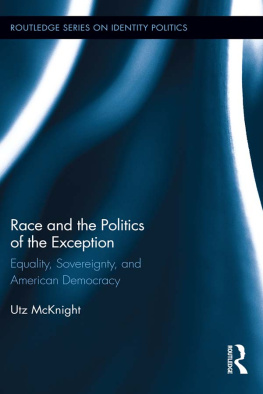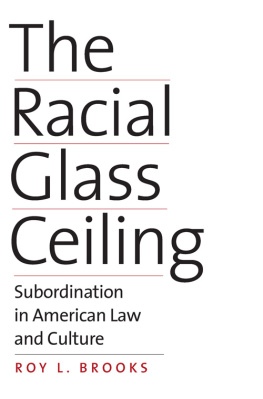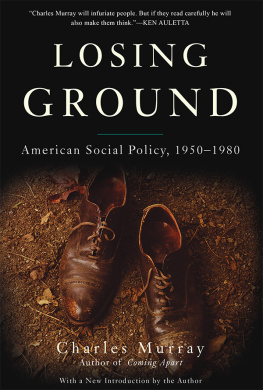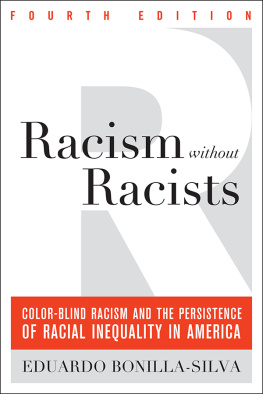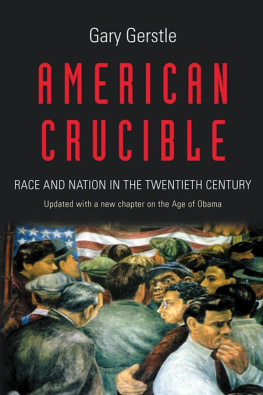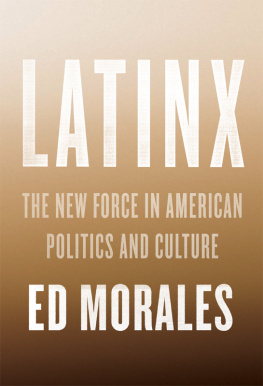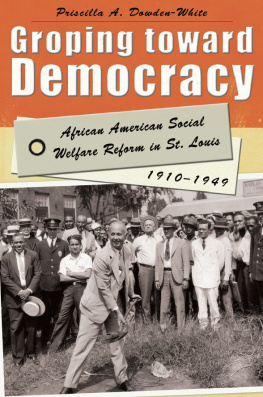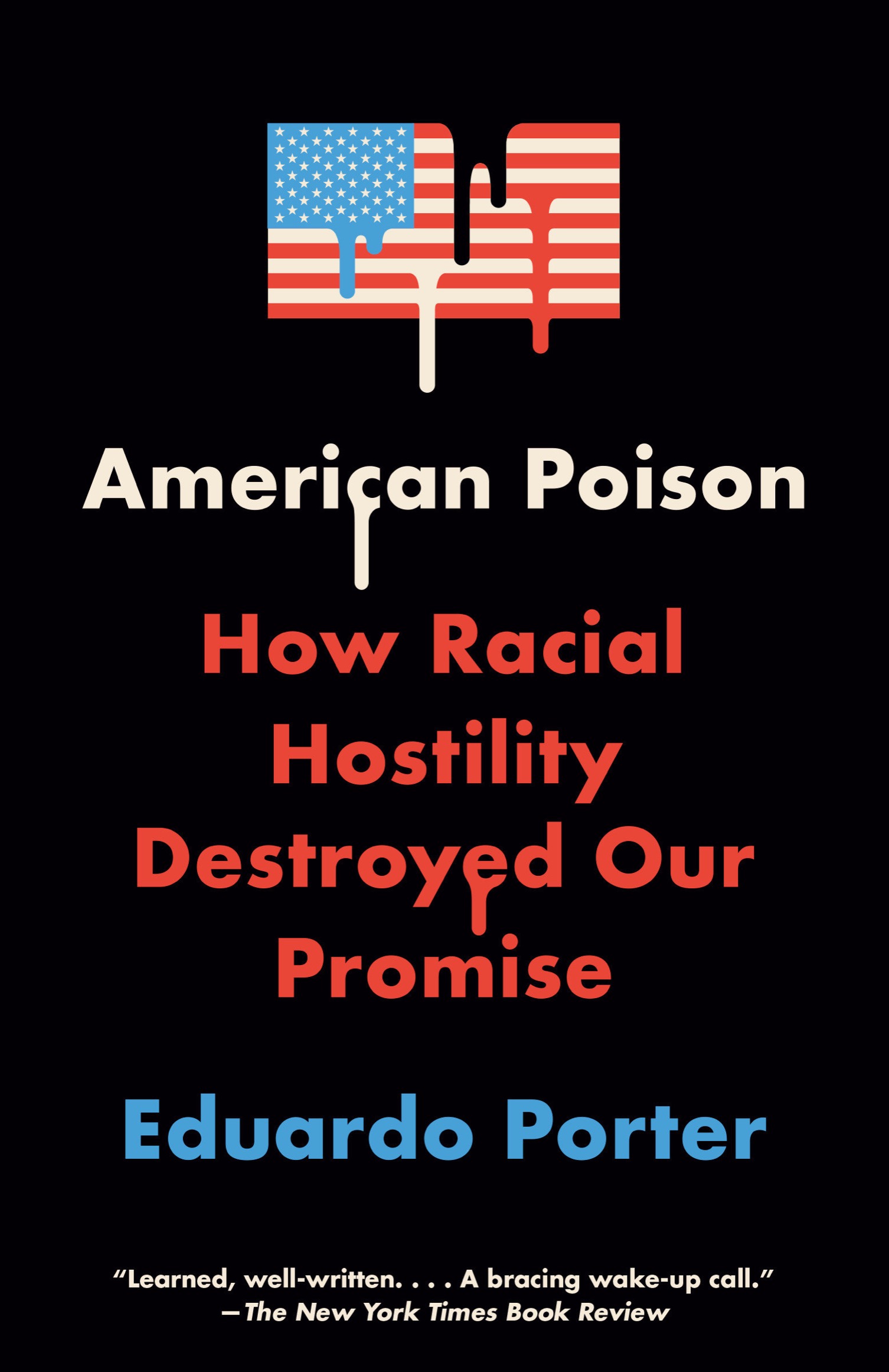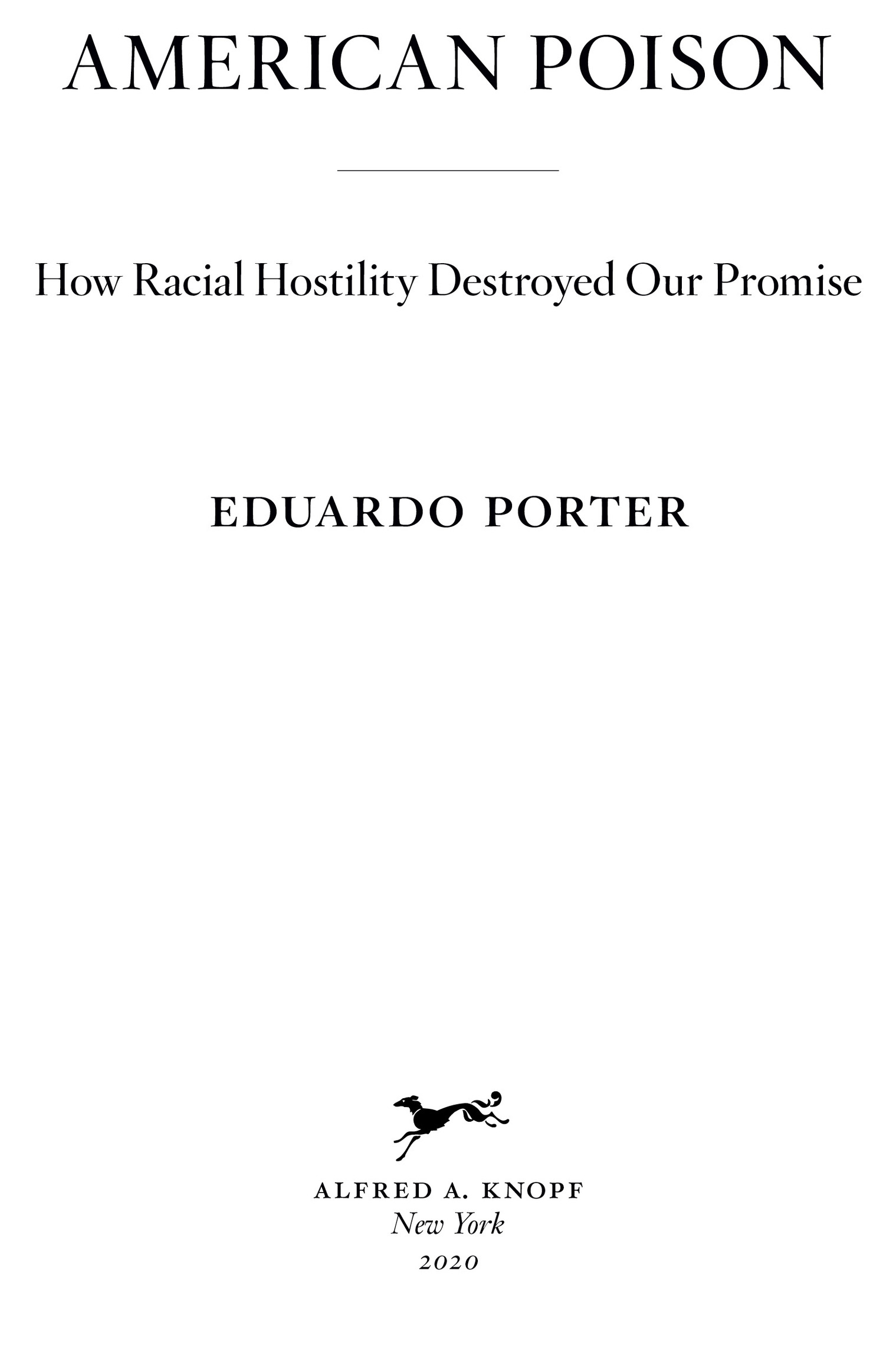THIS IS A BORZOI BOOK PUBLISHED BY ALFRED A . KNOPF
All rights reserved. Published in the United States by Alfred A. Knopf, a division of Penguin Random House LLC, New York, and distributed in Canada by Penguin Random House Canada Limited, Toronto.
Knopf, Borzoi Books, and the colophon are registered trademarks of Penguin Random House LLC.
Names: Porter, Eduardo, author.
Title: American poison : how racial hostility destroyed our promise / Eduardo Porter.
Description: First Edition. | New York : Alfred A. Knopf, 2020. | This is a Borzoi book published by Alfred A. Knopf. | Includes bibliographical references and index.
Identifiers: LCCN 2019030765 (print) | LCCN 2019030766 (ebook) | ISBN 9780451494887 (hardcover) | ISBN 9781524731588 (ebook)
Subjects: LCSH : RacismUnited StatesHistory. | Race awarenessUnited StatesHistory. | United StatesRace relations.
Classification: LCC E 184. A 1 P 658 2020 (print) | LCC E 184. A 1 (ebook) | DDC 305.800973dc23
There has to be a better deal.
CHAPTER 1
American Poison
In the early summer of 2015, I could not imagine that immigration had the power to deliver somebody to the White House. Just 7 percent of Americans believed immigration was the nations most critical challenge, according to Gallup. Three in four thought it was good for the country. Only a third said we should admit fewer immigrants. This was half the share who thought so in the mid-1990s, when Californias governor, Pete Wilson, ran for reelection by whipping up fears of an illegal alien invasion. Indeed, it was the lowest share since the 1960s.
Illegal immigration was, after all, pretty contained. There were 1.2 million fewer unauthorized immigrants in the United States in 2015 than there had been in 2007, when the implosion of the housing bubble wiped out the construction jobs that many of them relied on. The economy was growing briskly, after its painful slog out of the Great Recession, and the unemployment rate was falling fast, reducing what competition there might have been between immigrants and American workers for available jobs.
Then Donald Trump decided to run for president. He promised to protect the homeland from the rapist thugs streaming illegally into the United States from Mexico. He pledged to build a wall, to once and for all bring Americas sieve-like southern border under control. All of a sudden the fear of immigrants that was lying dormant in Americas subconscious propelled Trump to the presidency. It may change the United States for good.
Theres a public park in Brooklyn a few blocks from where my son, Mateo, used to go to school. Its named, in true Brooklyn style, after a Beastie Boy: Adam Yauch. In the days after the election, somebody painted swastikas on the playground equipment, alongside an exhortation: Go Trump.
I was born of a Mexican mother and an American father and grew up mostly in Mexico. I consider myself both Mexican and American. At home I speak mainly Spanish, hoping it will encourage Mateo to embrace his Mexican side too. On the day after the election, we were riding the subway when he leaned into my ear and whispered, Dad, perhaps we shouldnt speak Spanish in public anymore?
One might read this moment in American history as an aberration brought about by a uniquely racist political entrepreneur, or explain it as the product of specific economic circumstances. Youve heard the argument: working-class voters frustrated by decades of wage stagnation lashed out at the cosmopolitan class that ignored their plight for so long.
There is some truth to this. Many of Trumps voters are among the losers of Americas economic transformations. He won white voters without a bachelors degree by a thirty-nine percentage point margin over Hillary Clinton. The 2,584 counties that Trump won in 2016 generated only 36 percent of the nations GDP, according to research by Mark Muro and Sifan Liu of the Brookings Institutions Metropolitan Policy Program. They include most of rural and small-town Americadepopulated, aging, in seemingly terminal decline. The 472 counties that voted for Hillary Clinton, by contrast, accounted for 64 percent of Americas economic output. This lopsided pattern can be made to fit the view that the us who were left behind by progress voted the smug beneficiaries of Americas prosperity out of power.
But that is hardly the whole story. It would be a historic mistake to gloss over the critical, defining role of xenophobia in Americas choice. It was not a freak event, not a bug in the system. The mix of contempt and resentment across frontiers of religion, race, ethnicity, and citizenship that anchored Trumps seduction of sixty-three million voters has distorted American politics since the birth of the nation. It defines who we are.
You may call our condition racial hostility or simply racism. From Americas slaveholder past through the Civil War and beyond, in the form of legal segregation across the Jim Crow South and de facto segregation across the urban North, the poll tax deployed to keep blacks from the polls, and campaigns against imagined voter fraud to purge blacks from the rolls, ethnic divisionsto give them a tamer namehave conditioned every turn in the development of the American state. Standing in the way of social trust, blocking solidarity, they have made us decidedly poorer. Upon those injustices we have built the most exceptional country, one in which the most extreme wealth coexists comfortably with deprivation that has no place in the industrialized world.
Trumps election might have exposed Americas ethnic divisions to the unforgiving glare of the klieg lights, but the uncomfortable questions raised by a president who likens immigrants to rapists ready to come for our women, who blocks Muslims from entering the country, who offers understanding to white supremacists marching torches in hand, coiled at the ready for a Nazi salute, have been lying in Americas political underbrush for a long time.
The very image of the United States as a melting potforged by the likes of Ralph Waldo Emerson and Henry James to evoke an exceptional culture, built of a multiplicity of immigrant experiences bound into a national American identitywas ultimately a blinkered concept. Emerson might have dreamed of America as an asylum of all nations, where Africans and Polynesians contributed to create a new race, a new religion, and a new literature to replace the old Eurocentric paradigm. In fact, the crucible smelted only Americans of European stock.
The term melting pot made its way into the American vernacular through Israel Zangwills homonymous play, which opened at the Columbia in Washington, D.C., on October 5, 1908. Its an ersatz Romeo and Juliet in which a Jewish Russian immigrant and a Christian Russian immigrant, in New York, overcome the vast historical and cultural chasm between them. Germans and Frenchmen, Irishmen and Englishmen, Jews and Russiansinto the crucible with you all! trumpets the main character, David Quixano. God is making the American. At the premiere, President Theodore Roosevelt, to whom Zangwill had dedicated the drama, is said to have shouted, Thats a great play.

